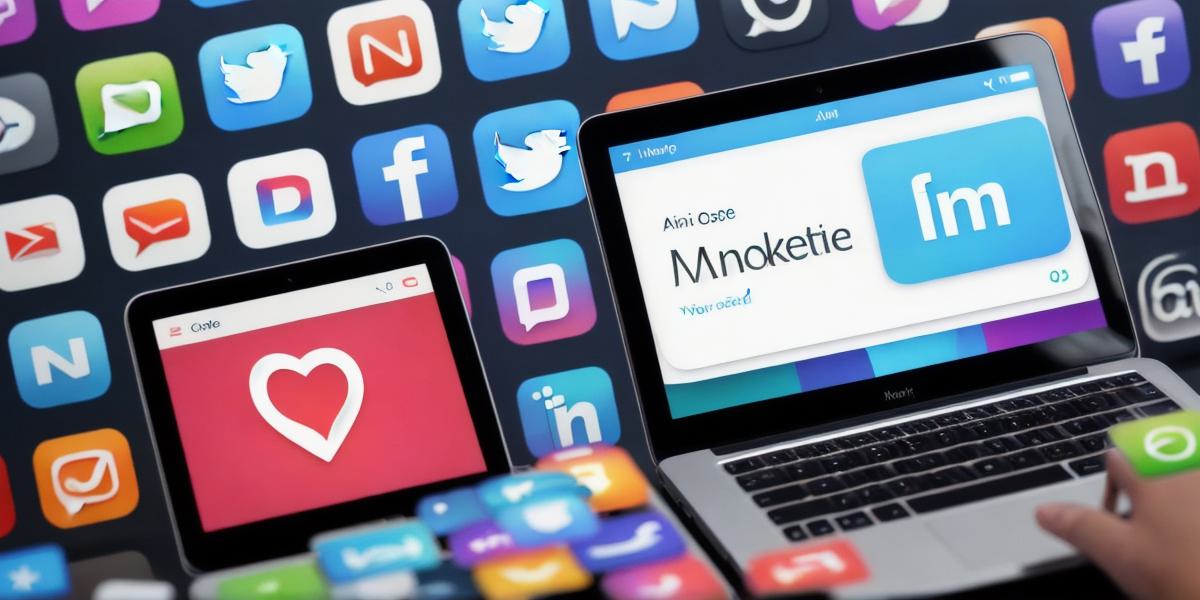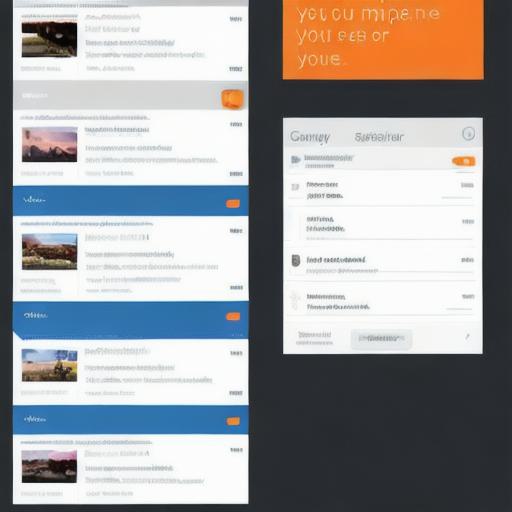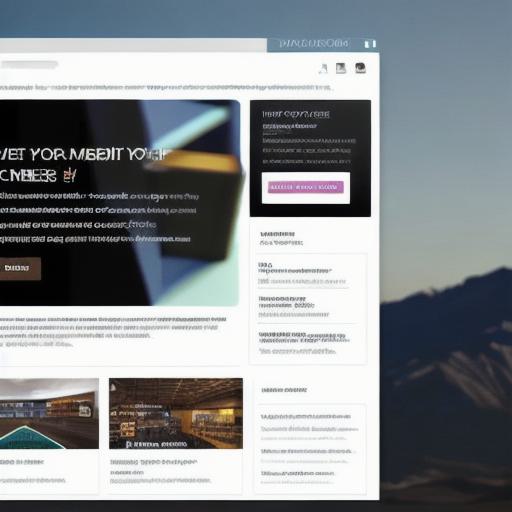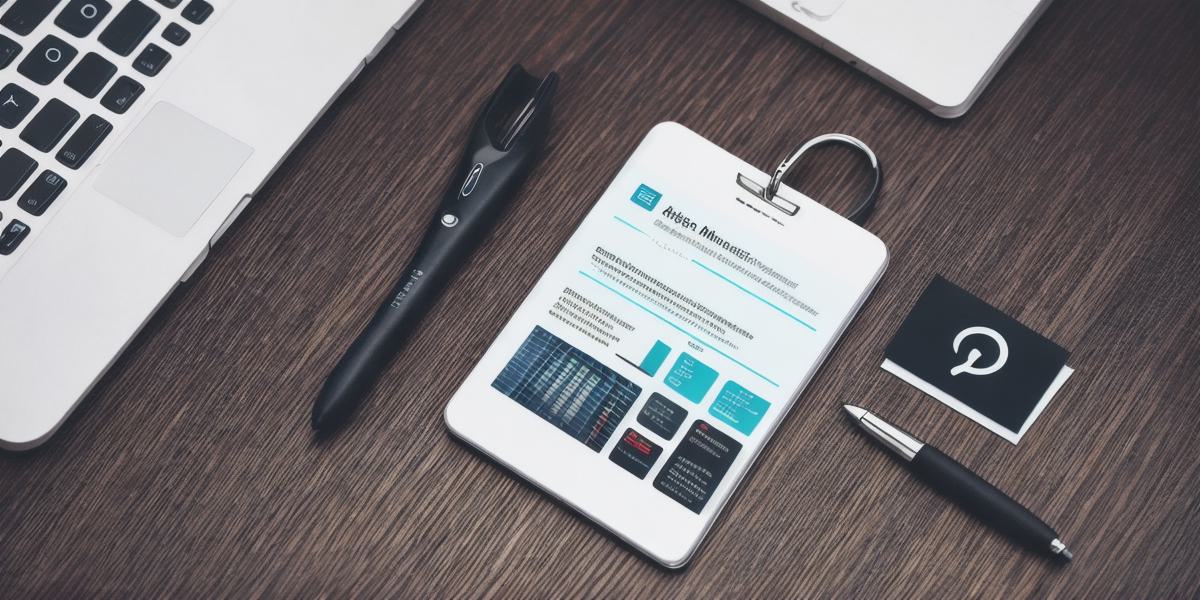Are you looking for a way to increase your app’s downloads and visibility on the app store? Look no further! In this ultimate guide, we will explore some of the best app store marketing tools available today. From social media advertising to in-app promotions, these tools are designed to help you reach more users and grow your app’s user base.
- Social Media Advertising
One of the most powerful tools for app promotion is social media advertising. By targeting potential customers on platforms like Facebook, Twitter, Instagram, and LinkedIn, you can reach a wider audience and drive more downloads to your app.
For example, if you are targeting millennials who love fitness apps, you could create ads that showcase your app’s unique features and benefits. You could also use targeted advertising to reach users who have already shown an interest in similar apps or topics.
Social media advertising is highly customizable, allowing you to choose the exact demographics you want to target. By selecting the right audience and using eye-catching visuals and compelling copy, you can create ads that generate real results and drive downloads to your app.
- Influencer Marketing
Another effective way to promote your app is through influencer marketing. This involves partnering with social media influencers who have a large following in your target market.
By collaborating with influencers, you can tap into their audience and get your app in front of more potential customers. For example, if you are launching a new fitness app, you could partner with a popular fitness influencer to create sponsored content that showcases your app’s features and benefits.
Influencer marketing is highly effective because it allows you to reach users who trust and value the opinion of the influencer. When an influencer recommends your app to their followers, it can be like a personal endorsement, which can generate real results and drive downloads to your app.
- App Store Optimization (ASO)
App store optimization (ASO) is the process of optimizing your app’s metadata and visual elements to increase its visibility in the app store. This includes optimizing your app’s title, description, keywords, screenshots, and other visual elements to make it more appealing to potential users.
By using relevant keywords and crafting a compelling app description, you can improve your app’s search ranking on the app store. This can help more users discover your app and increase downloads.
ASO also involves creating high-quality screenshots that showcase your app’s features and benefits. By using eye-catching visuals and persuasive copy, you can create a strong first impression that encourages users to download your app.
- In-App Promotions
Another effective way to promote your app is through in-app promotions. This involves displaying ads or promotional messages within your app to encourage users to download or upgrade to a paid version of your app.
For example, if you are offering a free trial version of your fitness app, you could display a message that encourages users to upgrade to the full version for access to more features and benefits.
In-app promotions are highly effective because they target users who are already using your app and have shown an interest in your product or service. By offering them a special deal or promotion, you can encourage them to take the next step and download or upgrade to your app.
- Email Marketing
Email marketing is a powerful tool for promoting your app and engaging with your users. By building a list of subscribers and sending them regular newsletters and updates, you can keep your app top of mind and encourage users to download new versions or recommend your app to their friends and family.
For example, if you are launching a new version of your fitness app, you could send out an email campaign that highlights the new features and benefits of the updated app. This could include promotional discounts or exclusive access to premium content for subscribers who upgrade to the paid version of your app.
Email marketing is highly customizable, allowing you to target users based on their interests, behavior, and other demographic information. By sending targeted emails that are personalized and relevant, you can increase engagement and drive more downloads to your app.
- Word-of-Mouth Marketing
Word-of-mouth marketing is one of the most effective forms of app promotion because it involves users spreading the word about your app to their friends and family. By encouraging users to leave reviews, share your app on social media, or recommend your app to their contacts, you can generate real buzz and excitement for your app.
For example, if you are launching a new fitness app, you could offer users a special incentive to leave a review or share your app on social media. This could include exclusive access to premium content or promotional discounts for sharing your app with their friends and family.
Word-of-mouth marketing is highly effective because it taps into the power of social proof and referrals. When users see that others are using and enjoying your app, they are more likely to download it themselves.
Case Studies: Real Examples of Successful App Store Marketing
Now that we have discussed some of the best app store marketing tools let’s take a look at some real-life examples of successful app store marketing campaigns.
- Headspace
Headspace is a popular meditation and mindfulness app that has been downloaded over 50 million times. The company attributes much of its success to its effective app store marketing strategy, which includes social media advertising, influencer marketing, and email marketing.
For example, Headspace partnered with influential fitness bloggers and celebrities to promote their app through sponsored content on Instagram and Facebook. The company also sent out regular newsletters that offered exclusive discounts and promotions to its subscribers.
- Candy Crush Saga
Candy Crush Saga is one of the most successful mobile games of all time, with over 500 million downloads worldwide. The game’s creators attribute much of their success to their effective app store marketing strategy, which includes social media advertising and in-app promotions.
For example, Candy Crush Saga used social media advertising to promote its game to a wide audience. The company also created in-app promotions that encouraged users to invite their friends to play the game and earn special rewards.
- Tinder
Tinder is one of the most popular dating apps on the market, with over 50 million downloads worldwide. The app’s creators attribute much of its success to its effective app store marketing strategy, which includes social media advertising and influencer marketing.
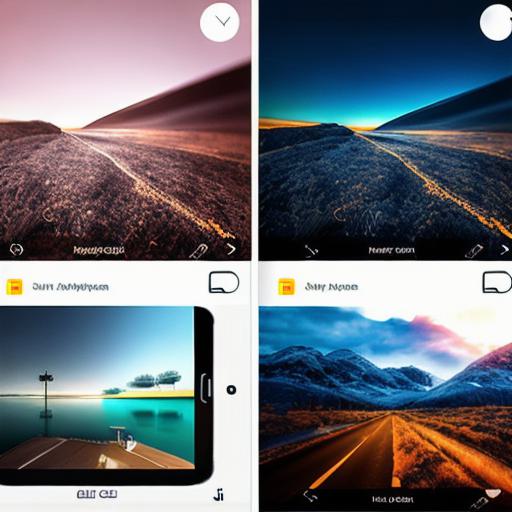
For example, Tinder partnered with famous celebrities and influencers to promote their app through sponsored content on Instagram and Facebook. The company also used social media advertising to target users who were interested in dating apps or similar topics.
Comparing the Effectiveness of Different App Store Marketing Tools
Now that we have looked at some real-life examples of successful app store marketing campaigns, let’s compare the effectiveness of different app store marketing tools.
Social Media Advertising vs Influencer Marketing
Both social media advertising and influencer marketing are highly effective for promoting apps on the app store. However, they are different in terms of their approach and targeting.
Social media advertising allows you to target a wide audience based on demographics such as age, gender, interests, and behaviors. This makes it a great tool for reaching a broad audience and generating buzz about your app.
Influencer marketing, on the other hand, involves partnering with influential individuals or celebrities who have a large following on social media. This allows you to tap into the power of social proof and referrals to reach a highly engaged audience that is more likely to download and use your app.
Email Marketing vs Word-of-Mouth Marketing
Both email marketing and word-of-mouth marketing are effective for promoting apps on the app store, but they differ in terms of their approach and targeting.
Email marketing allows you to target users based on their behavior and demographics such as age, gender, interests, and purchases. This makes it a great tool for engaging with users and encouraging them to download or upgrade to your app.
Word-of-mouth marketing involves users spreading the word about your app to their friends and family. While this is highly effective in generating buzz and excitement for your app, it is less targeted and harder to control.
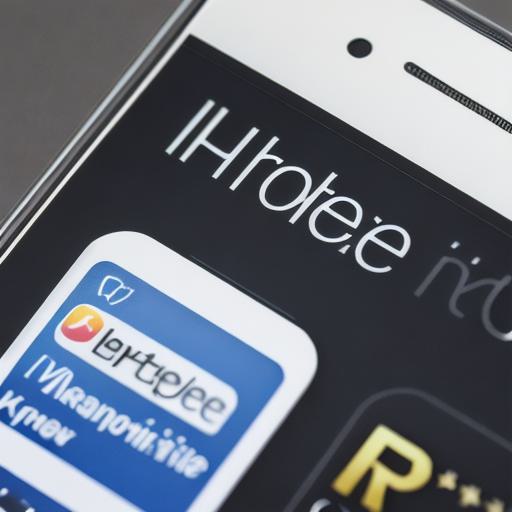
Summary
In conclusion, there are many different app store marketing tools available to promote your app on the app store, including social media advertising, influencer marketing, email marketing, in-app promotions, and word-of-mouth marketing. Each of these tools has its own strengths and weaknesses, and the most effective approach will depend on your specific goals, target audience, and budget. By using a combination of these app store marketing tools, you can generate buzz and excitement about your app and increase downloads and user engagement.
